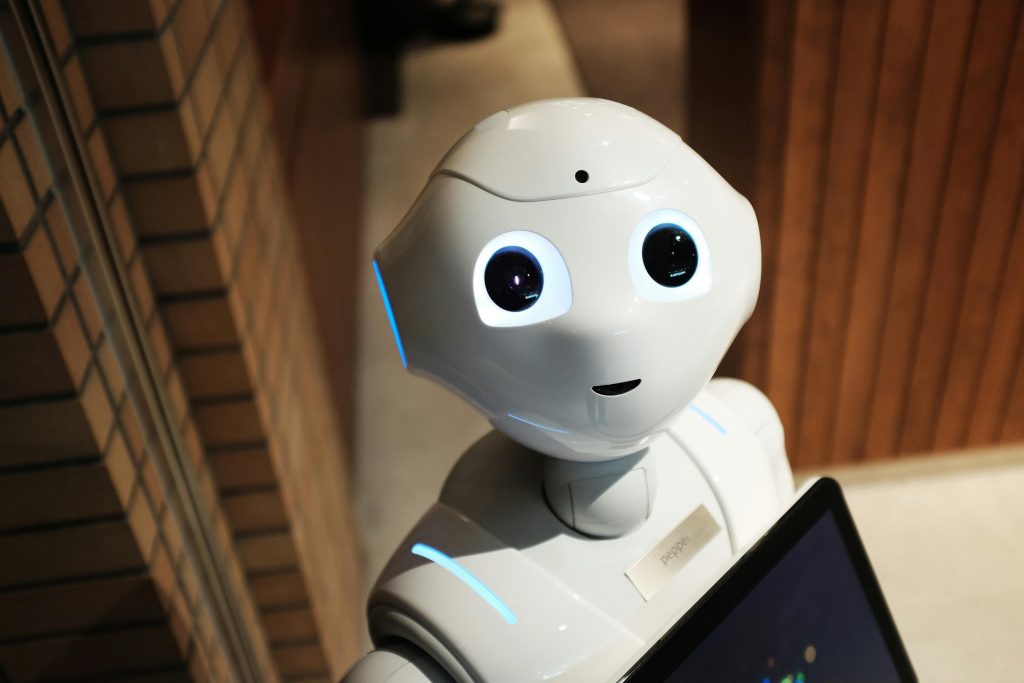Walk into your kitchen after a long day, and instead of facing a pile of dirty dishes or crumbs scattered across the counter, you’re greeted with a spotless, freshly cleaned space—all thanks to a machine that never complains, never forgets, and never gets tired. This isn’t some futuristic fantasy; it’s the rapidly emerging reality of modern home robotics. Once clunky gadgets that did little more than bump around furniture, today’s robots are evolving into tireless assistants capable of vacuuming, mopping, folding laundry, scrubbing windows, and even organizing your fridge. They’re powered by a combination of artificial intelligence, advanced sensors, and cloud connectivity, which makes them smarter, more precise, and far more reliable than their early predecessors. And yet, while these devices promise a level of convenience our grandparents could hardly have imagined, they also raise complex questions about privacy, human oversight, and whether machines can ever truly replace the human touch in maintaining a home. Understanding both the opportunities and the challenges helps paint a clearer picture of what living with robotic housekeepers will really mean in the years to come.

1. Beyond Simple Cleaning Gadgets
The first generation of home robots, such as early robotic vacuums, were little more than novelties. They offered convenience but often required constant supervision and did a mediocre job at best. Fast forward to today, and the landscape looks completely different. Modern robots can vacuum carpets with precision, mop hardwood floors without leaving streaks, clean windows using suction technology, and even fold laundry with surprising consistency. Some experimental models are capable of unloading dishwashers or organizing pantries, while others focus on specialized tasks like sanitizing bathrooms or cleaning pet hair from upholstery. Each advancement makes them more useful and less of a gimmick, shifting them from “fun tech toy” to “indispensable household tool.”
2. Consistency Without Excuses
One of the biggest selling points of robotic housekeepers is their reliability. Humans get sick, tired, or distracted. Robots don’t. Once programmed, they show up day after day, at the same time, with the same energy level, and perform the same tasks with predictable results. This consistency is particularly appealing to busy households where chores often get pushed aside. Imagine having your floors vacuumed and mopped every evening while you watch TV or cook dinner. That kind of routine, done quietly and automatically in the background, makes a tangible difference in reducing daily stress.
3. Artificial Intelligence at Work
AI has transformed home robots from mechanical cleaners into adaptive assistants. Instead of randomly bouncing around, today’s robots create detailed maps of your home, remember room layouts, and learn to avoid obstacles like pet bowls or kids’ toys. Many can be directed via smartphone apps or voice assistants, allowing you to schedule tasks, set cleaning zones, or receive real-time progress updates. Some even provide reports on what was cleaned and when. With each update, the robots get smarter—adapting not just to your home, but to your habits. It feels less like operating a gadget and more like giving instructions to a reliable member of your household team.
4. Privacy and Security Concerns
Of course, smarter robots bring new questions about privacy. To navigate effectively, many devices rely on cameras, lidar sensors, or other mapping technologies. This data may be stored locally or transmitted to the cloud, raising concerns about who has access to it and how it might be used. The idea of your living room being mapped by a corporate server understandably gives some homeowners pause. Manufacturers are increasingly aware of this concern, and many now emphasize data encryption, local storage options, and strict privacy policies. Still, striking a balance between convenience and security is critical for consumer trust.
5. Why Humans Still Matter
Despite all their progress, robots remain limited. They can’t sense your mood, comfort a child, or adjust tasks based on subtle human preferences. Maybe you like towels folded a certain way or the dishwasher loaded in a particular order—robots don’t have the nuanced judgment that humans bring. For now, robotic housekeepers are best thought of as reliable assistants rather than full replacements. They excel at repetitive, clearly defined chores, freeing up humans to focus on tasks that require empathy, creativity, or decision-making.
6. The Future: A Human–Robot Partnership
Looking ahead, home robots are poised to grow smarter, cheaper, and more integrated into our daily routines. Future generations could handle tasks that seem out of reach today, such as cooking basic meals, doing detailed laundry sorting, or even managing energy use within a home. As technology improves, robots will likely collaborate with other smart-home devices, from fridges that track groceries to thermostats that optimize energy use. The ultimate vision is not a home run entirely by machines, but a partnership where humans set the priorities and robots take on the grind. That synergy could free up valuable time, reduce household stress, and even shift how families think about domestic responsibilities.
